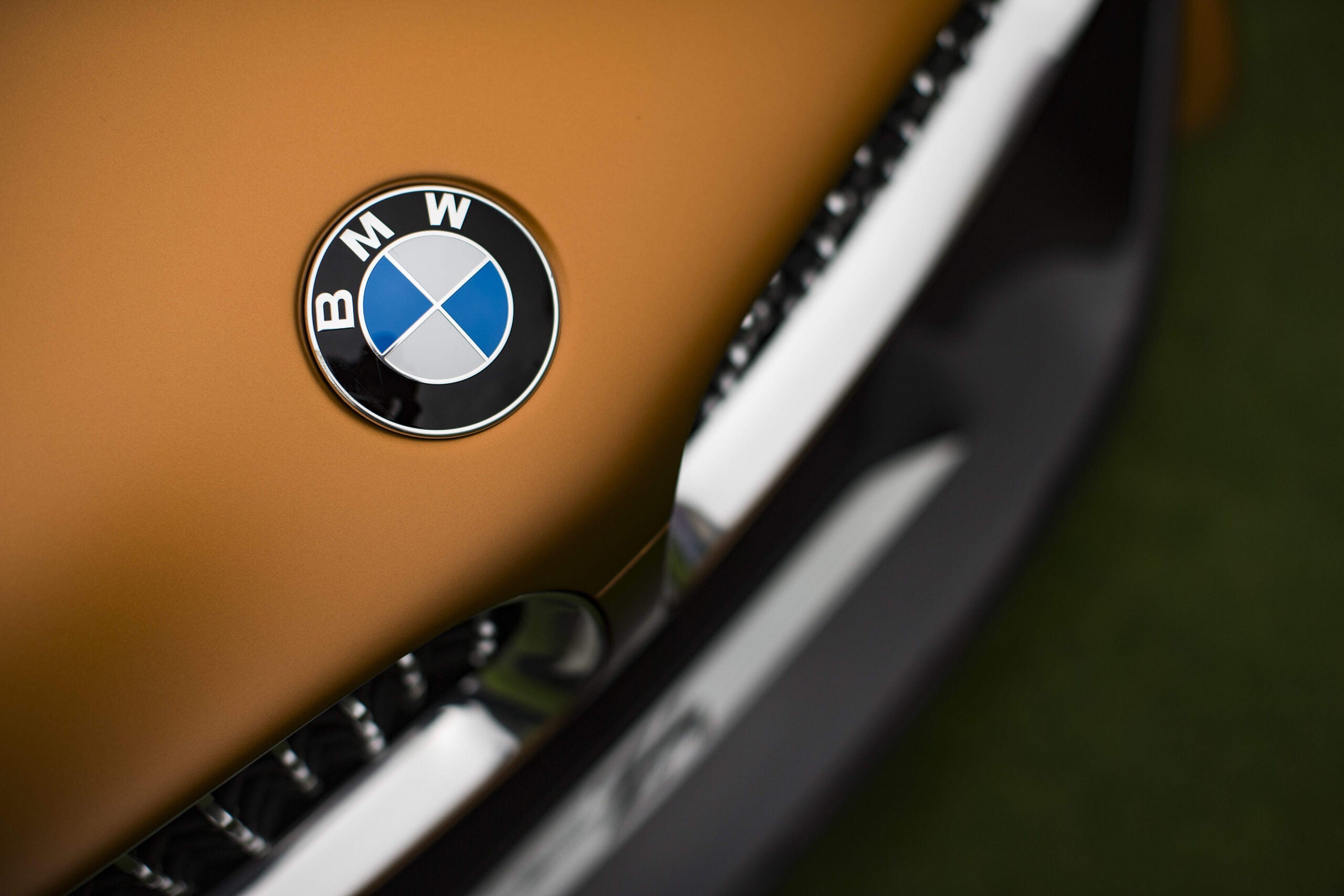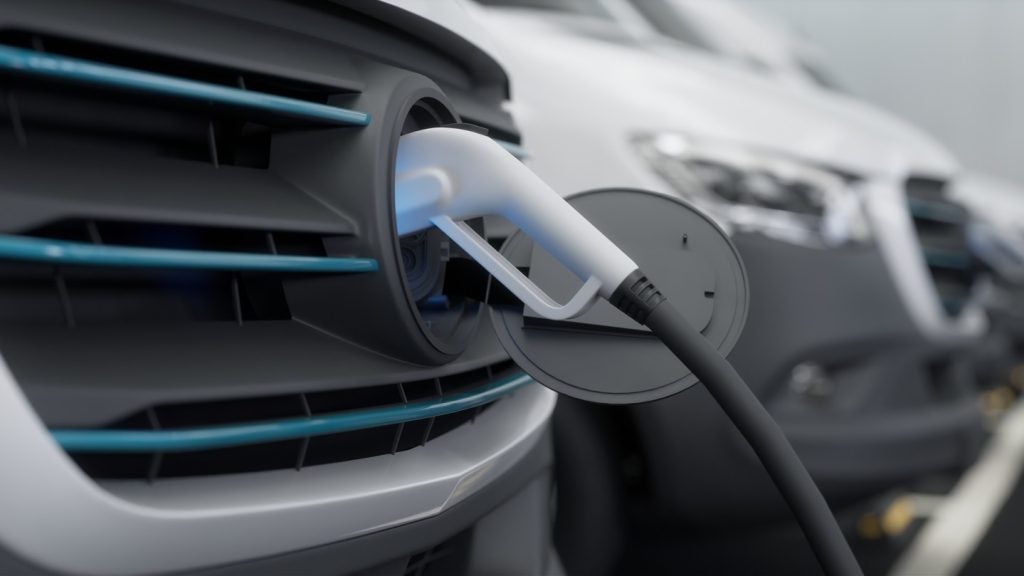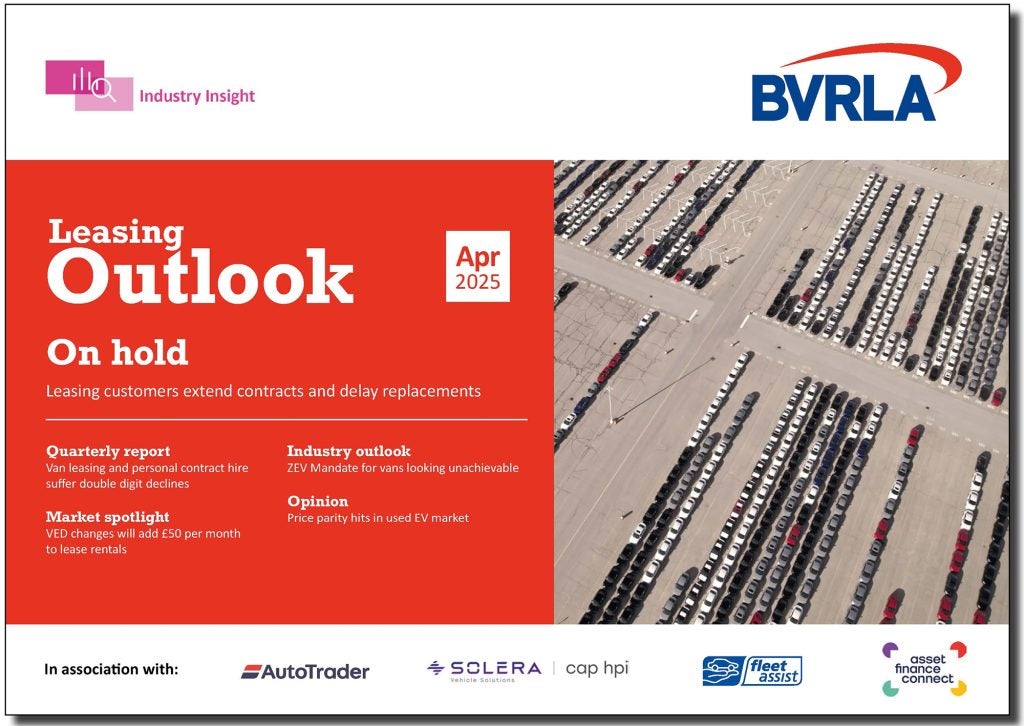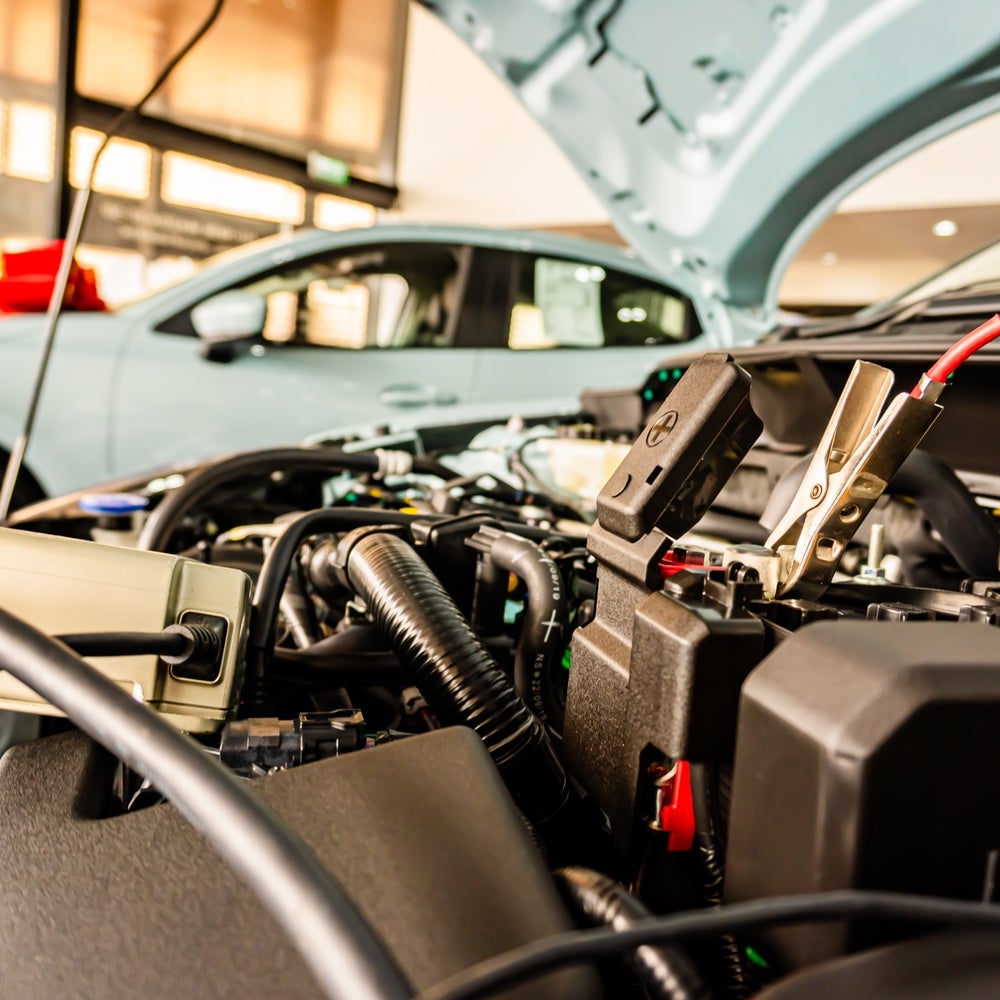
A large part of Europe’s economic success is reliant on the expansion and prosperity of the German automotive industry.
Germany has a longstanding reputation in the automotive sector as a global auto industry leader—the country is known to be home to the best automotive R&D location in the world.
With manufacturers such as VW, Audi, Daimler and BMW, it is a heartland for car manufacturing and financing.
Motor Finance in Germany
Germany’s current success in the automotive industry is key to its prosperity in the future.
Comparing the automotive industry from a global perspective, within Europe Germany has the most consolidated motor manufacturing industry.
Recognition
Germany is a huge exporter of cars.
In 2016 and 2017, nearly 22% of all cars exported in the world came from Germany—the most of any country, including all of Europe combined.
German cars are in high demand worldwide and are recognized for their quality and image.
The country is acknowledged for its impressive automotive industry and excellence in engineering. German cars are high quality and reliable and are recognized for high standards of innovation, safety and design.
In terms of car production and sales, Germany also ranks number one in Europe. It accounts for nearly 30% of all passenger cars manufactured and roughly 20% of new registrations.
According to Germany Trade and Invest, Germany has the largest number of original equipment manufacturer (OEM) plants in Europe.
Development
Strengthening the automotive industry is a major strategic aim for Germany.
According to the 2019 Germany Automobile Market report, the German automobile market is beginning to shift towards a service oriented model with new players focussing on customer experience and consumer data.
Transformations in the automotive market provide opportunities for some parts, while other components are dwindling. These changes are requiring companies across the value chain to adapt to the market to preserve revenue and sales.
Newly produced vehicles are obligated to now follow the current states of technology and consumer preferences. Environment regulations must also be followed as pollution and carbon emissions are heavy investments.
Additionally, the geographical diversification model is paving the way in the market as being one of the main strategies in ensuring profitability in high investment and R&D expenditure scenario.
Statistics
A study conducted by Ernst & Young revealed that 300 companies active in the European automotive sector found Germany to be the most innovative automotive hub in international comparison.
The study also concluded that automotive centres based in Germany produce the highest quality levels. Nearly 88% of respondents considered Germany to produce the best quality worldwide and be the most competitive hub. About 74% of respondents even stated Germany as being the world’s most product automotive hub.
Germany’s automotive industry in numbers:
- 5 million passenger vehicles were produced in 2017 making Germany Europe’s leading production site.
- 1 in 5 cars produced for international manufacturing are German OEM made.
- 20% of total domestic industry revenue comes from the automotive industry.
- 60% R&D growth in Europe is created from the German automotive sector.
- 1/3 of global automotive R&D spending is German OEM made.







